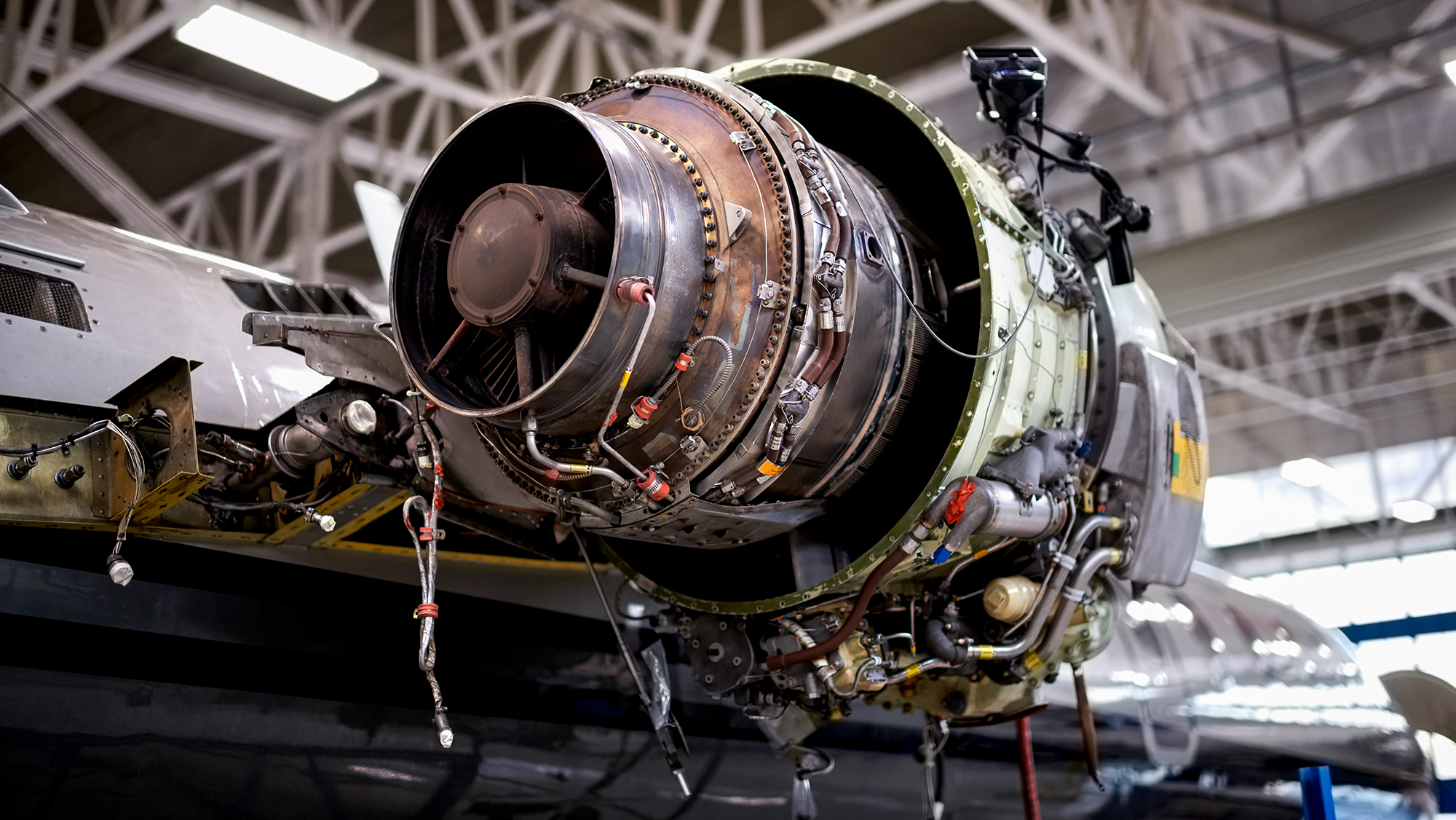
Structural Materials are developed with specific mechanical properties (strength, stiffness, toughness, etc.) to withstand different mechanical loads.
Metals combine singular properties of strength, toughness, resistance to fatigue, and chemical compatibility that cause them to be used in a wide range of industries from biomedical (shape memory stents, Low-T superconductors), to aerospace (high-T super alloys), to automotive (light-weight alloys), to oil and gas (corrosion resistant pipelines).
High performance ceramics are used across industry sectors for their high temperature performance and chemical resistance. Ceramicists design ceramic materials and synthesis processes to increase performance metrics (toughness, creep, etc.) and to improve reliability.
Composite materials dominate key application fields where material stiffness, strength, and light weight are at a premium. These applications are found in aerospace and automotive sectors, energy fields (both oil & gas, as well as wind power), electronics, and sporting goods.
Materials Scientists and Engineers focused on structural materials must understand relationships between processing steps and mechanical properties of materials, the role of defects (grain boundaries, point defects), as well as materials processing and characterization techniques.
Recommended MSEN Electives:
- MSEN 415 Defects in Solids
- MSEN 420 Polymer Science
- MSEN 458 Fundamentals of Ceramics
- MSEN 489 Composites Processing
- MSEN 489 Matls Sci Advanced Manufacturing
- MSEN 489 Failure Analysis
Recommended Specialty Electives:
- MEEN 221 Statics and Particle Dynamics
- CVEN 305 Mechanics of Materials
Other Relevent Specialty Electives:
- STAT 211/212 Principles of Statistics I/II
- MEEN 455 Engineering with Plastics
- MEEN 458 Processing and Characterization of Polymers
Relevant Minors/Certificates:
- Aerospace Minor
- Biomedical Engineering Minor
- Design and Simulation of Mechanical Systems Minor
- Petroleum Engineering Minor
- Polymer Specialty Certificate
- Statistics Minor